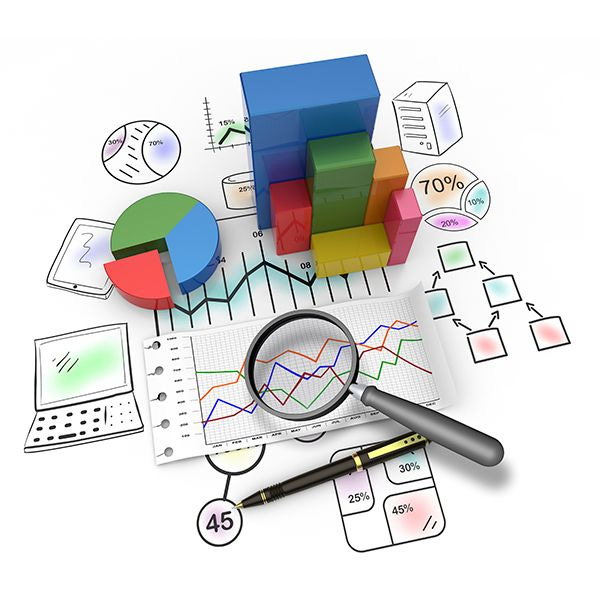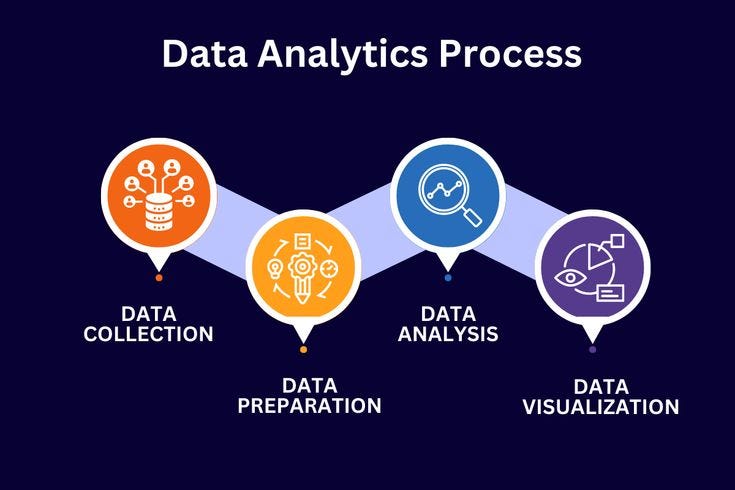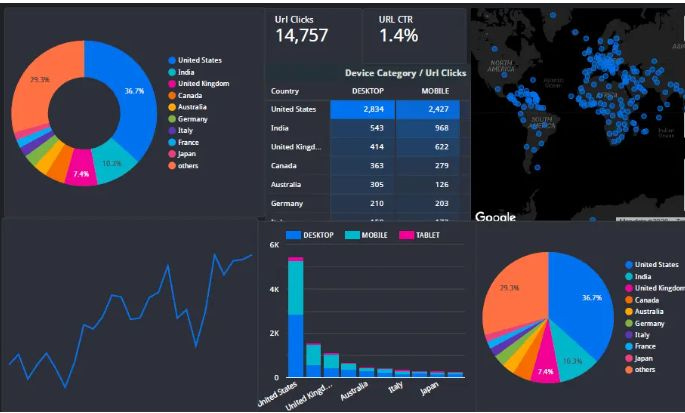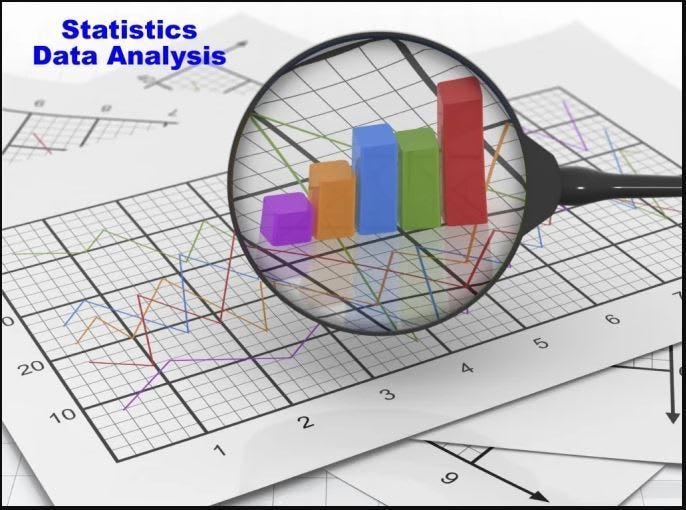Data Analysis plays a crucial role in today’s data-centric world. It involves the practice of inspecting, cleansing, transforming, and modeling data to extract valuable insights for decision-making. A Data Analyst is a professional primarily tasked with collecting, processing, and performing statistical analysis on large datasets. They discover how data can be used to answer questions and solve problems. With the rapid expansion of data in modern firms, the role of a data analyst has been evolving greatly, making them a significant asset in business strategy and decision-making processes.
In the realm of data analysis, understanding some key concepts is essential. Data analysis is the process of inspecting, cleansing, transforming, and modeling data to discover useful information and support decision-making. In the broadest sense, data can be classified into various types like nominal, ordinal, interval and ratio, each with a specific role and analysis technique. Higher-dimensional data types like time-series, panel data, and multi-dimensional arrays are also critical. On the other hand, data quality and data management are key concepts to ensure clean and reliable datasets. With an understanding of these fundamental concepts, a data analyst can transform raw data into meaningful insights.
Data Collection
In the realm of data analysis, the concept of collection holds immense importance. As the term suggests, collection refers to the process of gathering and measuring information on targeted variables in an established systematic fashion that enables a data analyst to answer relevant questions and evaluate outcomes. This step is foundational to any data analysis scheme, as it is the first line of interaction with the raw data that later transforms into viable insights. The effectiveness of data analysis is heavily reliant on the quality and quantity of data collected. Different methodologies and tools are employed for data collection depending on the nature of the data needed, such as surveys, observations, experiments, or scraping online data stores. This process should be carried out with clear objectives and careful consideration to ensure accuracy and relevance in the later stages of analysis and decision-making.
Cleanup
The Cleanup of Data is a critical component of a Data Analyst’s role. It involves the process of inspecting, cleaning, transforming, and modeling data to discover useful information, inform conclusions, and support decision making. This process is crucial for Data Analysts to generate accurate and significant insights from data, ultimately resulting in better and more informed business decisions. A solid understanding of data cleanup procedures and techniques is a fundamental skill for any Data Analyst. Hence, it is necessary to hold a high emphasis on maintaining data quality by managing data integrity, accuracy, and consistency during the data cleanup process.
Visualization
The visualization of data is an essential skill in the toolkit of every data analyst. This practice is about transforming complex raw data into a graphical format that allows for an easier understanding of large data sets, trends, outliers, and important patterns. Whether pie charts, line graphs, bar graphs, or heat maps, data visualization techniques not only streamline data analysis, but also facilitate a more effective communication of the findings to others. This key concept underscores the importance of presenting data in a digestible and visually appealing manner to drive data-informed decision making in an organization.
Exploration
In the realm of data analytics, exploration of data is a key concept that data analysts leverage to understand and interpret data effectively. Typically, this exploration process involves discerning patterns, identifying anomalies, examining underlying structures, and testing hypothesis, which often gets accomplished via descriptive statistics, visual methods, or sophisticated algorithms. It’s a fundamental stepping-stone for any data analyst, ultimately guiding them in shaping the direction of further analysis or modeling. This concept serves as a foundation for dealing with complexities and uncertainties in data, hence improving decision-making in various fields ranging from business and finance to healthcare and social sciences.
Statistical Analysis
Statistical analysis plays a critical role in the daily functions of a data analyst. It encompasses collecting, examining, interpreting, and present data, enabling data analysts to uncover patterns, trends and relationships, deduce insights and support decision-making in various fields. By applying statistical concepts, data analysts can transform complex data sets into understandable information that organizations can leverage for actionable insights. This cornerstone of data analysis enables analysts to deliver predictive models, trend analysis, and valuable business insights, making it indispensable in the world of data analytics. It is vital for data analysts to grasp such statistical methodologies to effectively decipher large data volumes they handle.
Machine Learning
Machine learning, a subset of artificial intelligence, is an indispensable tool in the hands of a data analyst. It provides the ability to automatically learn, improve from experience and make decisions without being explicitly programmed. In the context of a data analyst, machine learning contributes significantly in uncovering hidden insights, recognising patterns or making predictions based on large amounts of data. Through the use of varying algorithms and models, data analysts are able to leverage machine learning to convert raw data into meaningful information, making it a critical concept in data analysis.
Happy new month from Dataphyte Academy!!!
You made it, yes you! An exclusive offer just for you, don’t miss the chance to master the art and science of analytics and data management. Enroll today in our November cohort for just N120,000 only (instalment plan available) and gain the knowledge to harness the full potential of data in your professional journey.
Want to become an expert data analyst or just want to learn more, fill the enquiry form.
Join our Dataphyte Academy community and follow us on our socials for more information and expert reads.
Twitter and Linkedln @DataphytAcademy.





